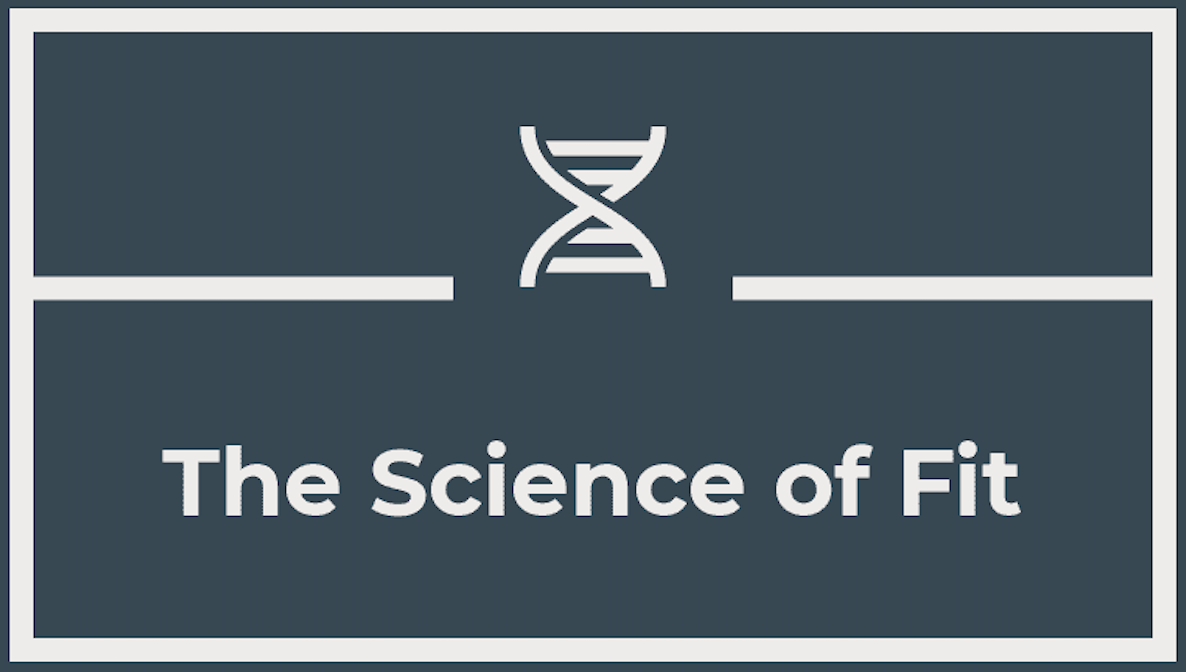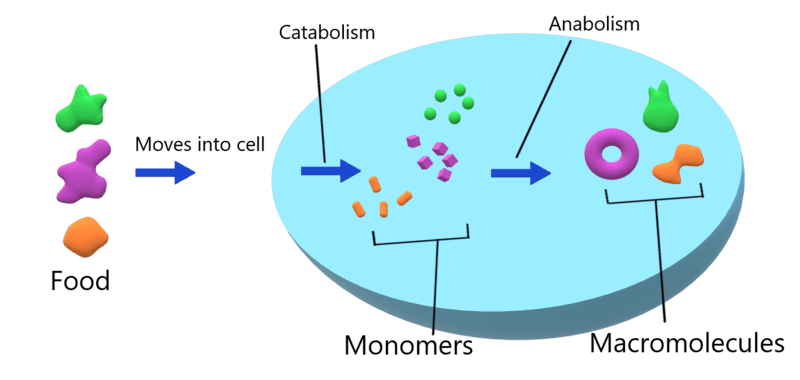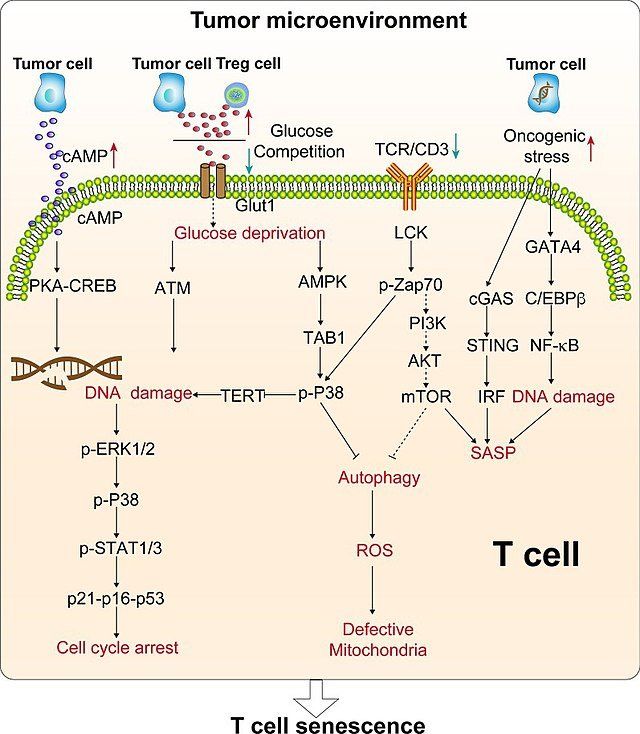The Master Regulator of Anabolic Activities - mTOR
From muscle growth to epilepsy, mTOR plays a role in myriad cellular processes. Learn how its levels can go from being great for athletes to dangerous for your health.
mTOR, which stands for the mechanistic target of rapamycin, is a protein kinase that is often mentioned during conversations in the fitness community when referring to muscle growth. mTOR is part of a very complex and interconnected biological pathway, therefore it makes sense that it plays a role in numerous cellular processes. It is one of the key regulators of the body's anabolic and catabolic activities. Other than cell growth and proliferation, it also plays a role in protein synthesis. This makes it an obvious target for people looking to gain muscle. Interestingly, mTOR is also a target for several other medical therapies unrelated to fitness. As you will see, it can be good or bad, it just depends on how it is modulated and what your goals are.
Structure and downstream:
mTOR is actually the catalytic subunit of two different complexes, mTORC1 and mTORC2. Because these two complexes have different proteins associated with them, they are localized to different areas in the body. Rapamycin acts as an inhibitor of mTORC1 but only causes inconsistent inhibition of mTORC2 in certain circumstances. From a scientific standpoint, we know a lot more about mTORC1 than mTORC2
because of the lethality in knockout mice studies. However, we do know that disrupted mTORC2 function is correlated with deregulation of insulin function. Some of the major complexes in the mTOR pathway include: PI3K/Akt, AMPK, MAPK, p53, IRS-1, PTEN, GSK-3, IGF-1, S6K, and 4E-BPs.
Fitness Benefits:
mTOR is important for cell growth regulation. In the fed state it is active and allows us to put on muscle. In the fasted state, it becomes inhibited, thus conserving energy. This was evolutionarily advantageous. For protein synthesis and muscle growth, mTOR interacts with many other proteins and complexes resulting in muscular hypertrophy. Research has shown that while mTOR acts differently across tissues, it has shown promising ability to increase and maintain skeletal muscle. Additionally, exercise increases mTORC1 activity in the brain which has been shown to increase neural plasticity which is key to improved memory and learning. It is important to note that the relationship between mTOR and skeletal muscle is understood in more depth than the effects mTOR has in tissues like the brain, liver, and fat.
Supplementation/Modulation:
While there are no actual mTOR supplements, there are many products on the market that can alter mTOR function. Some immunosuppressants used during organ transplants are targeted toward mTOR to reduce the chances of rejection of the new organ. This is because mTOR restricts catabolic activities, thus decreasing circulating glucose (from glycogen breakdown or gluconeogenesis). With lower glucose levels, the body’s T-cells have fewer sources of energy and therefore will reduce the activity of the immune system.
On the other hand, there are ways to increase mTOR activity for muscle growth. The most obvious way is to eat. Proteins high in leucine as well as carbs and high calorie foods can initiate mTOR’s anabolic effects. Other derivatives of leucine, like hydroxymethylbutyrate (HMB), can also increase mTOR activity.
Other implications:
As expected, cellular growth and proliferation is not something that is always in the best interest. Overactive mTOR and its effects play a role in two major medical diagnoses, cancer and diabetes. In cancer, excessive and uncontrolled cell growth as well as cell proliferation is exactly what you do not want. There are a few anti-cancer drugs that
inhibit mTOR activity.
Because the mTOR pathway is so complex and still not completely understood, it is important to recognize the possibility of future changes in information. Uncontrolled mTOR signaling can impact the central nervous system, aging, cancer development, Alzheimer’s disease, and several other systems. When in proper physiological ranges, mTOR activation can be great for muscle growth. However, as we age and our biological homeostasis is put under more stress as our telomeres shrink. This makes it easier for things to become dysregulated, thus why mTOR function may also be impacted by where we are in our lives.
Regardless of what your health goals are, mTOR is an interesting topic that affects more than just muscle growth. We still need to do more research to understand the intricacies of the mTORC2 functions but it is clear that uncontrolled mTOR levels can be detrimental to your health. In fact, multiple
studies have shown that inhibited mTOR levels can increase longevity. The exact mechanism is not known but the results have been consistent nonetheless. The story of mTOR and its effects on our lives is no doubt far from over.
Cover image source: "mTOR-FKBP12-RAPAMYCIN" by Enzymlogic is licensed under CC BY-SA 2.0
Fitness From Head to Toe
Contact Us
Contact Us
We will get back to you as soon as possible
Please try again later












